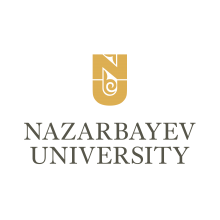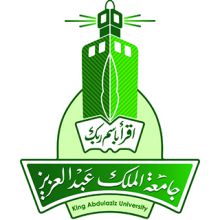About CentraleSupélec
In 2015, the merger of two of France’s leading engineering universities led to the creation of CentraleSupélec.
The two schools which formed CentraleSupélec were the École Centrale Paris and École Supérieure d'Electricité.
École Centrale Paris was founded in 1829 as a school for engineers in a variety of disciplines. École Supérieure d'Electricité (or Supélec for short) was founded in 1864 and specialised in electrical engineering. Over the years both schools gained an international reputation for excellence in their fields and their graduates were some of the highest-earning in France.
CentraleSupélec has developed its own engineering degree which aims to combine the strengths of both component schools into one teaching programme. Students tackle the problems faced by engineers in the 21st century, preparing them for roles as managers, entrepreneurs and on-the-ground engineers.
Alumni of the École Centrale Paris and École Supérieure d'Electricité have gone on to become political and business leaders, including Louis Charles Bréguet, founder of Air France, Thierry Breton, Minister for Economy, Finance and Industry, and Alain Bénichou, CEO of IBM France.
The university has four campuses in historic and picturesque settings. Rennes is the capital city of Britanny, known for its medieval houses and rose gardens. Metz is located in the northeastern Lorraine region and is famous for its gothic cathedral. Gif-sur-Yvette and Châtenay-Malabry are two suburbs south of Paris, each less than an hour away from the capital by public transport.
Explore these featured universities
Explore rankings data for CentraleSupélec
Key statistics
- n/aProportion of ISR Publications(1)
- 21 : 79Student Ratio of Females to Males(1)
- 27%Percentage of International Students(1)
- 9.8No. of students per staff(1)
- 4,007Number of FTE Students(1)
Subjects taught at CentraleSupélec
Engineering & technology
- Electrical & Electronic Engineering
- General Engineering
- Civil Engineering
Social sciences
- Geography
- Politics & International Studies (incl Development Studies)
Physical sciences
- Mathematics & Statistics
- Physics & Astronomy
Computer science
- Computer Science
Arts & humanities
- Architecture
Business & economics
- Business & Management
- Economics & Econometrics








